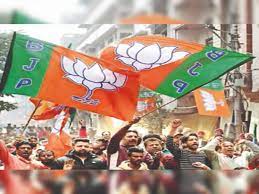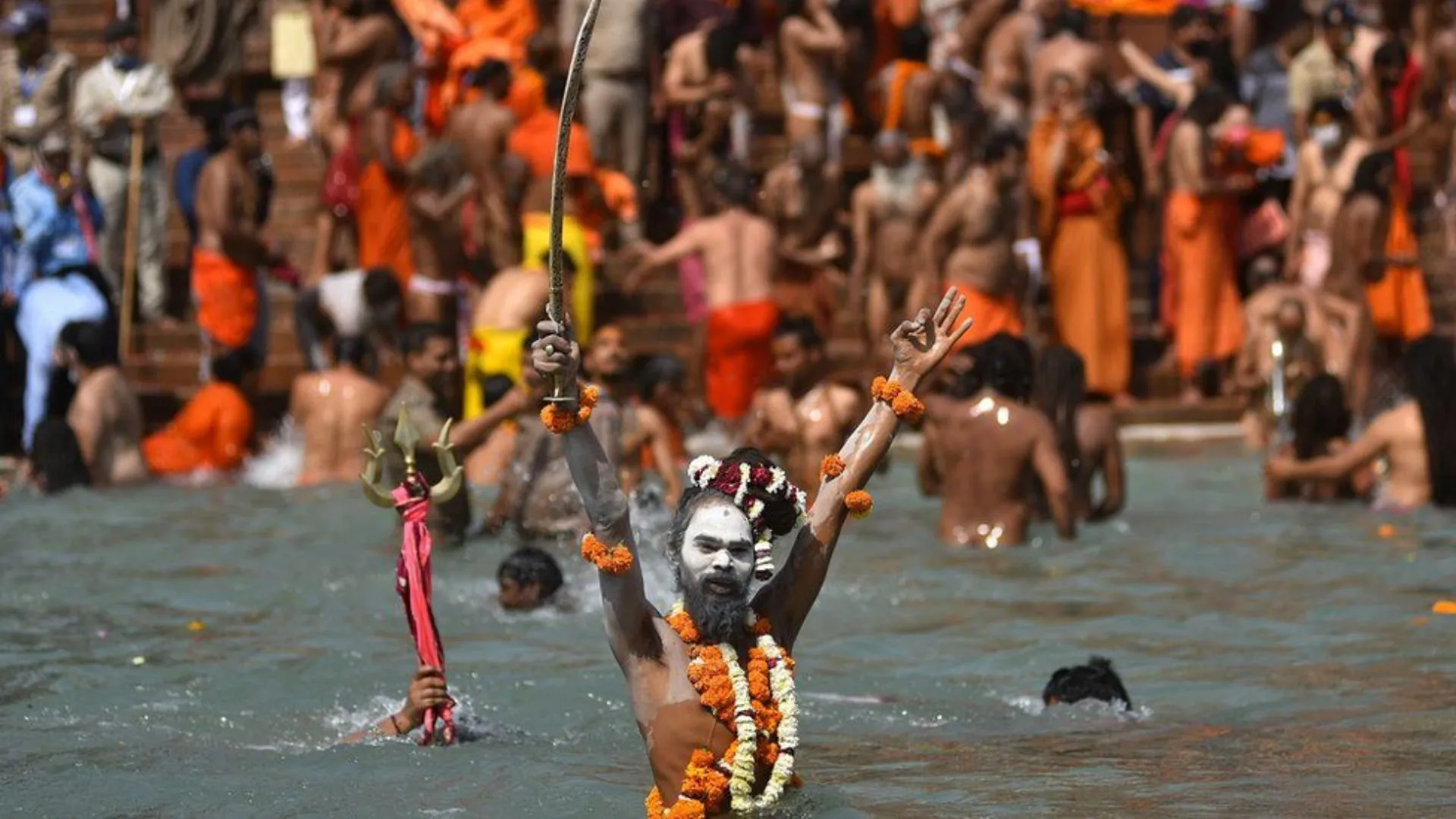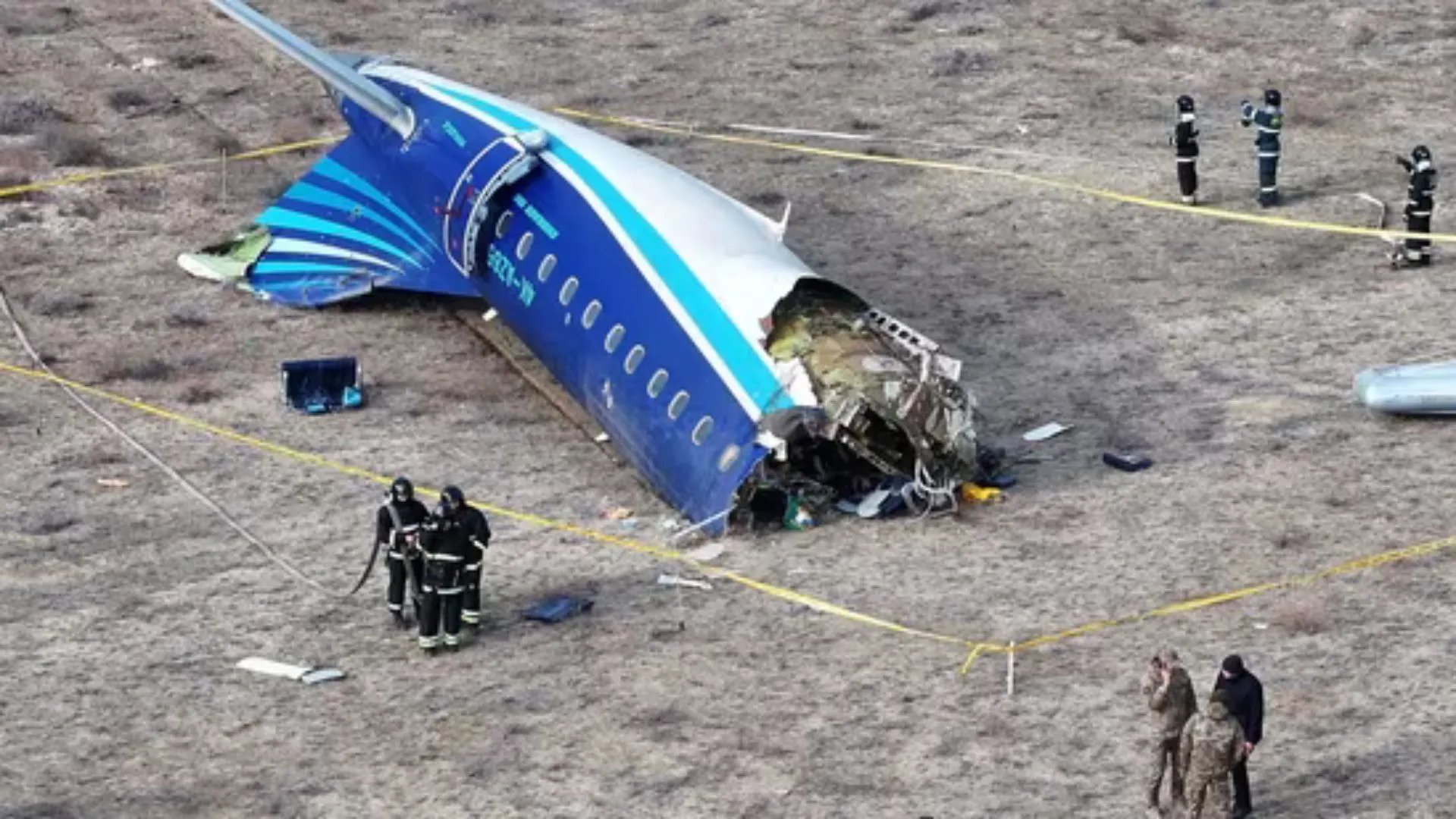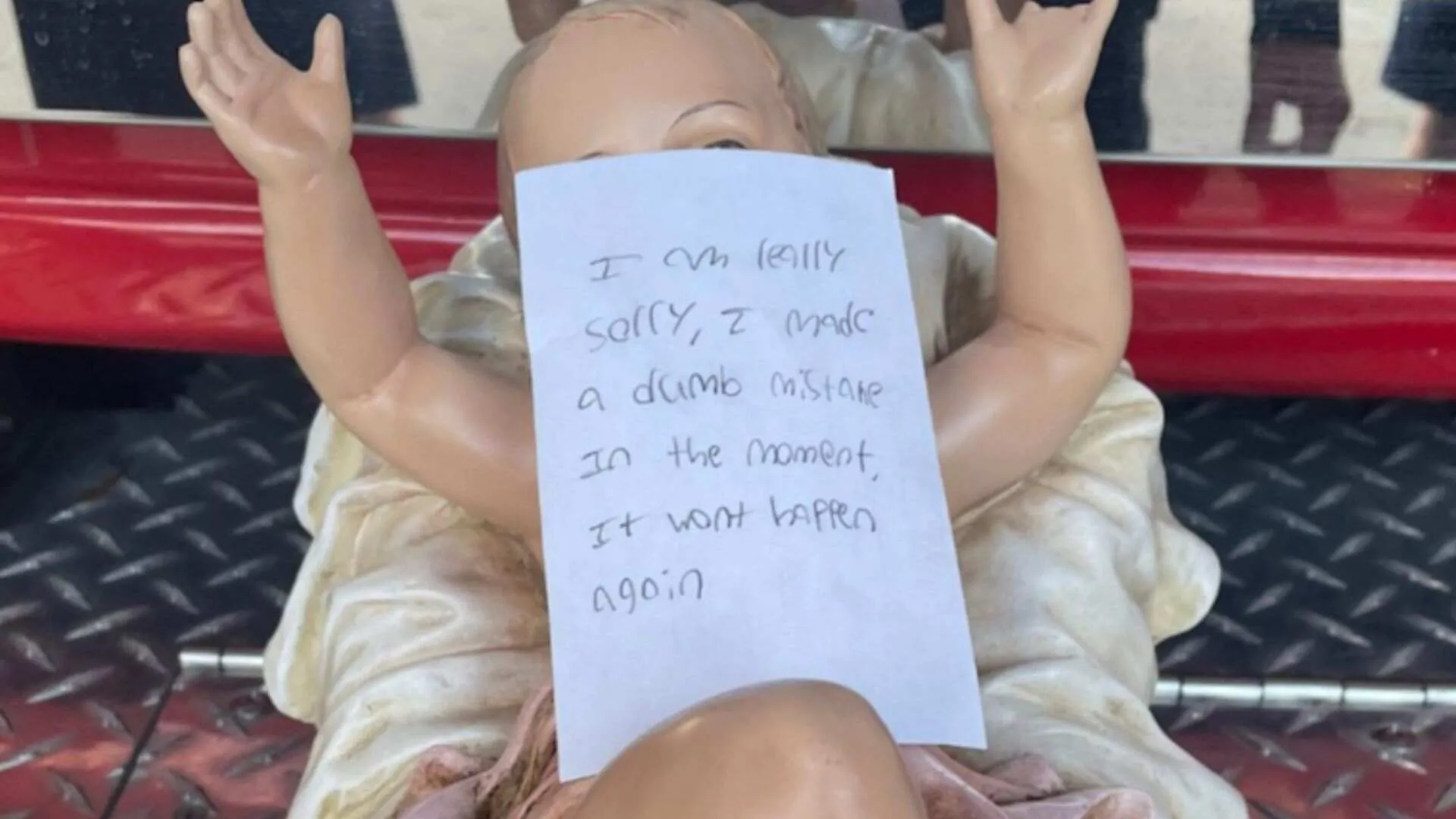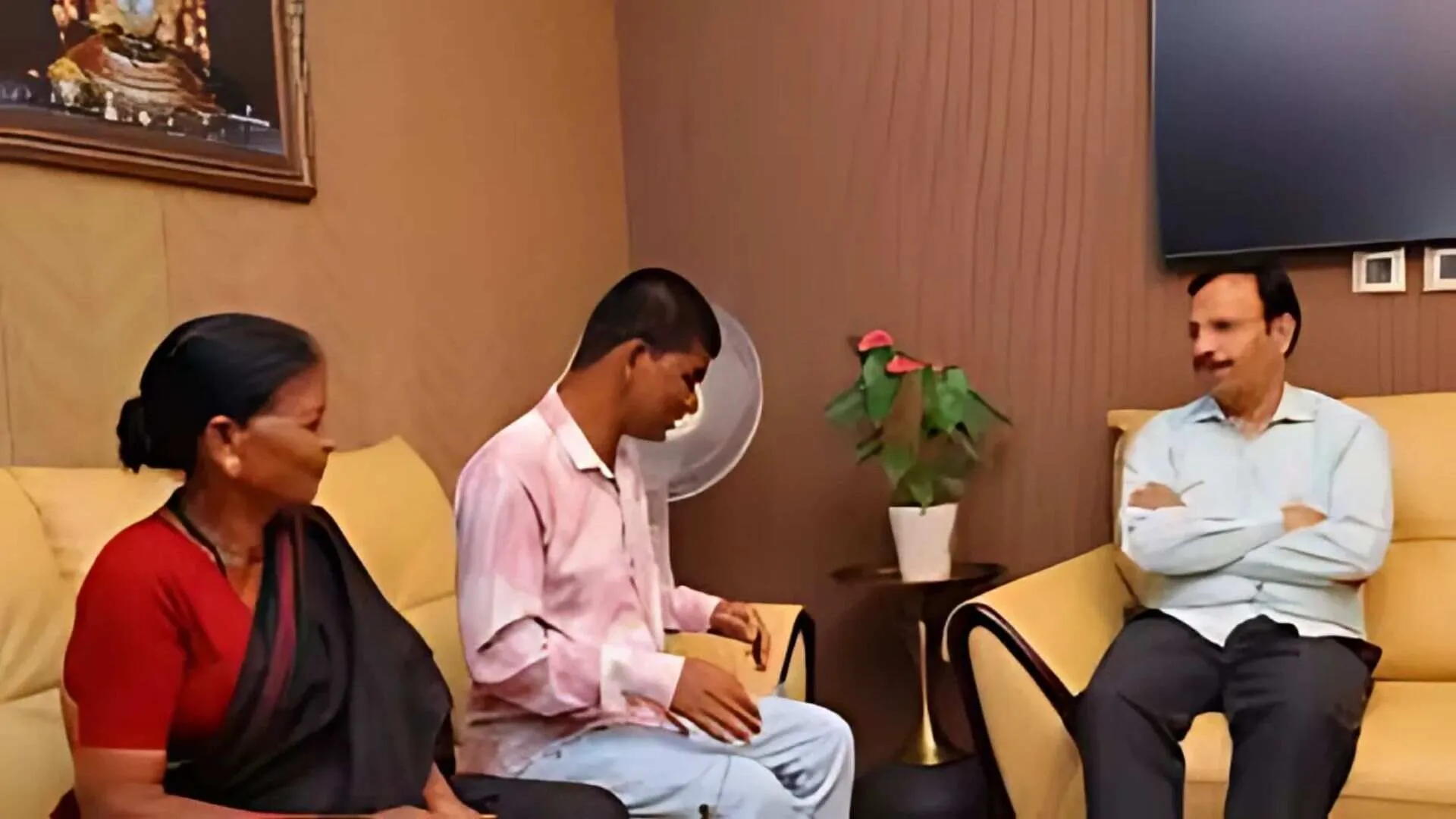The Bharatiya Janata Party (BJP) has unveiled an ambitious plan aimed at gaining ground in the upcoming Lok Sabha elections. The strategy underscores a focus on the 14 Lok Sabha constituencies where non-BJP MPs currently hold seats, as well as strengthening its position in the 66 seats won in the last round of elections.
In a move to reclaim lost territory, BJP has delegated the task to its Rajya Sabha MPs, who are to take charge of the 14 lost Lok Sabha constituencies. These seats, which include Raebareli, Lalganj, Sambhal, Muradabad, Mainpuri, Ghazipur, Ghosi, Shravasti, Amroha, Bijnor, Jaunpur, Nagina, Saharanpur, and Ambedkarnagar, are now the primary focus of the party. BJP has been working tirelessly in these constituencies for the past 18 months, with several central ministers already executing duties. The Rajya Sabha MPs will further intensify the campaign by visiting households throughout these areas, as part of a comprehensive voter outreach program.
In July, BJP will announce the Lok Sabha in-charge and coordinator for the 66 won seats. The party also intends to assemble a dedicated coordinator team for each Lok Sabha seat. Comprising of MLAs from all assembly constituencies under the respective Lok Sabha constituency, unsuccessful candidates from previous assembly elections, the in-charge, and coordinators, this team will strategize, finalise tickets, and play a pivotal role in decision-making processes at a local level. Their responsibilities will extend to arranging public meetings and rallies, and liaising with the state office.
The BJP has also defined 21 clusters, known as ‘Special 21,’ for the Lok Sabha elections. Designated officers will remain stationed at these clusters until the conclusion of the elections. This group includes ministers from other states, former chief ministers, and state presidents. Additionally, seven central ministers have been allocated responsibilities within these clusters. Collectively referred to as the ‘Special 7,’ they will oversee the management of 11 to 12 Lok Sabha seats each, reporting directly to central leadership. Their mandate includes a particular focus on booths with less than optimal voting numbers.
In the previous election, BJP narrowly clinched victory in several seats, such as Machhlishahr (won by 181 votes) and Mujaffarnagar (won by 6,526 votes). The party is now zeroing in on areas with high potential for voter dissatisfaction, due to local issues or other concerns.
The party plans to address these issues and gain voter trust through proactive engagement and communication. Another significant facet of BJP’s strategy is to secure and consolidate a ‘new vote bank’ in every constituency.
This initiative is aimed at securing votes that may otherwise be lost due to a variety of factors.
As part of this broader scheme, BJP hopes to not only win in these battleground constituencies but to establish a stronghold that will ensure the party’s success in future elections.

